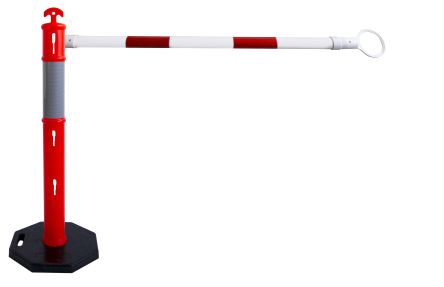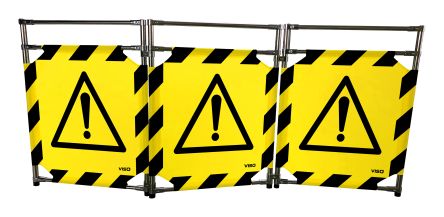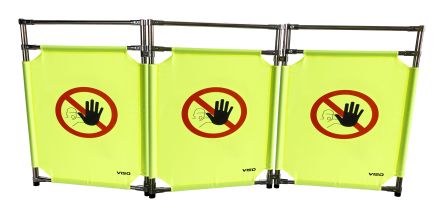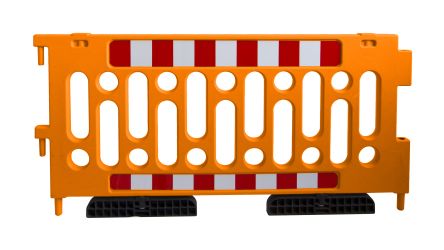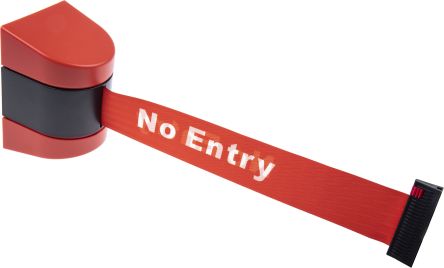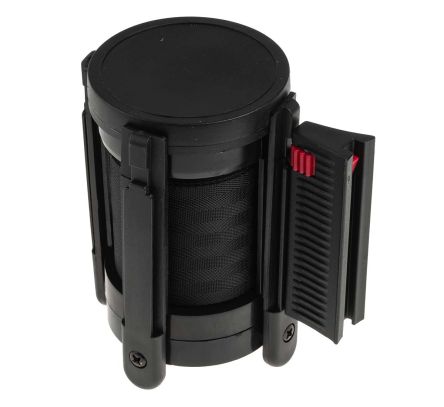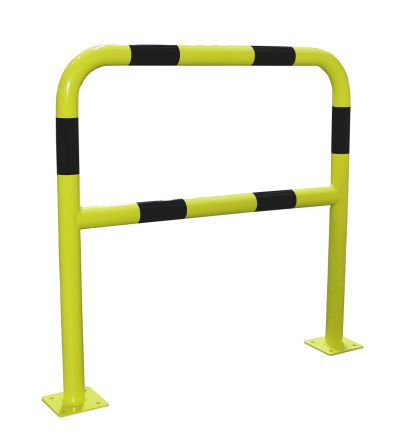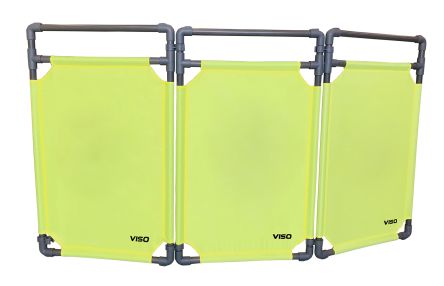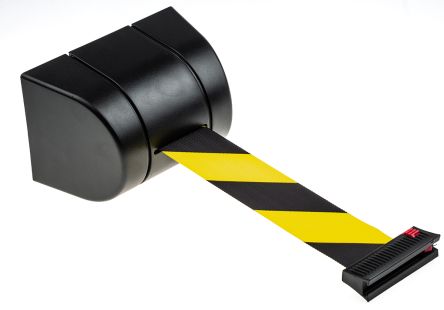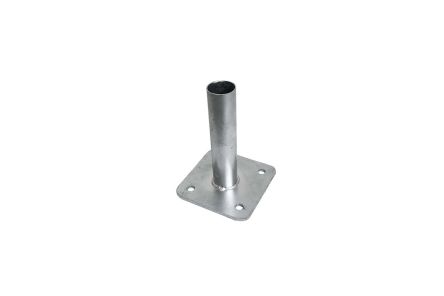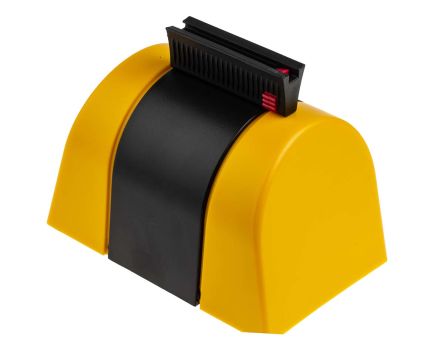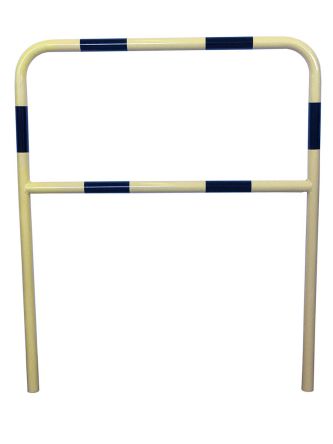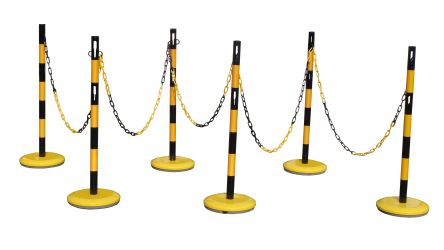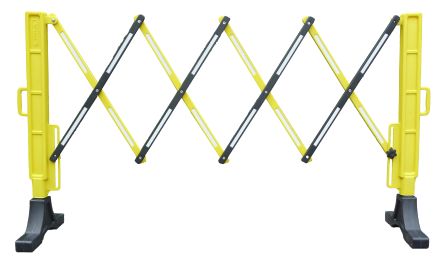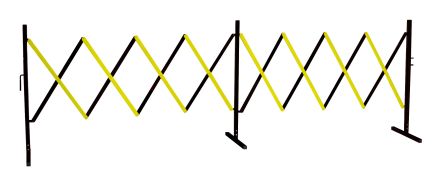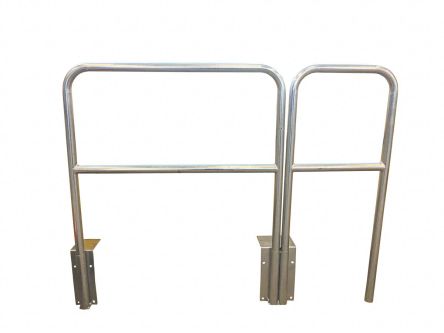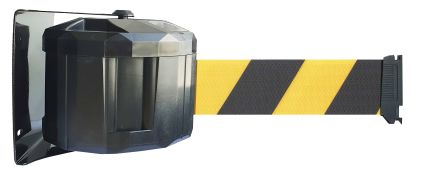- Automation & Control Gear
- Cables & Wires
- Enclosures & Server Racks
- Fuses & Circuit Breakers
- HVAC, Fans & Thermal Management
- Lighting
- Relays & Signal Conditioning
- Switches
- Batteries & Chargers
- Connectors
- Displays & Optoelectronics
- ESD Control, Cleanroom & PCB Prototyping
- Passive Components
- Power Supplies & Transformers
- Raspberry Pi, Arduino, ROCK, STEM Education & Development Tools
- Semiconductors
Safety Barriers
Safety Barriers
A safety barrier is an obstacle, structure or fence that prevents movement or restricts access to a potentially dangerous or restricted. Safety barriers can be fixed or temporary depending on the environment or application.
Safety in the workplace is paramount and must be at the forefront of every employee's mind. Ensuring the environment and the people in it are safe is the responsibility of everyone. A barrier's main function is to prevent accidents and safeguard people. They are also essential in the compliance of health and safety law, regulations and legislation.
There are many different types of barriers on the market to choose from. They can be categorised into two major types permanently fixed or temporary and easily moved. Whatever the need, a good safety barrier must be visible (often brightly coloured) and give clear instruction.
Types of safety barriers include:
Temporary
Temporary barriers include bollards, pedestrian barriers, retractable belt barriers, and scissor barriers, plastic work gate barriers, post base, and chain barriers. Temporary barriers are often lightweight and easy to manoeuvre. Temporary barriers are ideal for sectioning off an area that is under maintenance or repair or for crowd control and queue management.
Fixed
Fixed barriers include pedestrian and traffic barriers, crash and impact barriers, car park barriers and fencing. The robust structures are anchored permanently to the concrete or floor with surface fixing bolts, through bolt anchors or chemical anchor bolts.
Safety barriers are used in a wide range of safety and security applications. They provide protection for people in the workplace and everyday life.
Safety Barriers can help support a healthy building by improving Safety & Security
Explore the new look of the category page
Popular Searches
Related links
- Safety Knives
- Tensator Black & Yellow Retractable Barrier Yellow/Black Tape
- Tensator Yellow Retractable Barrier, 9m
- RS PRO Red & White Steel Retractable Barrier Red, White Tape
- Tensator Black & Red PET Retractable Barrier, 4.6m
- Tensator Red & White Retractable Barrier Red, White Tape
- Tensator Yellow Retractable Barrier Yellow Tape
- Tensator Black & Yellow Plastic Retractable Barrier Yellow/Black Tape
